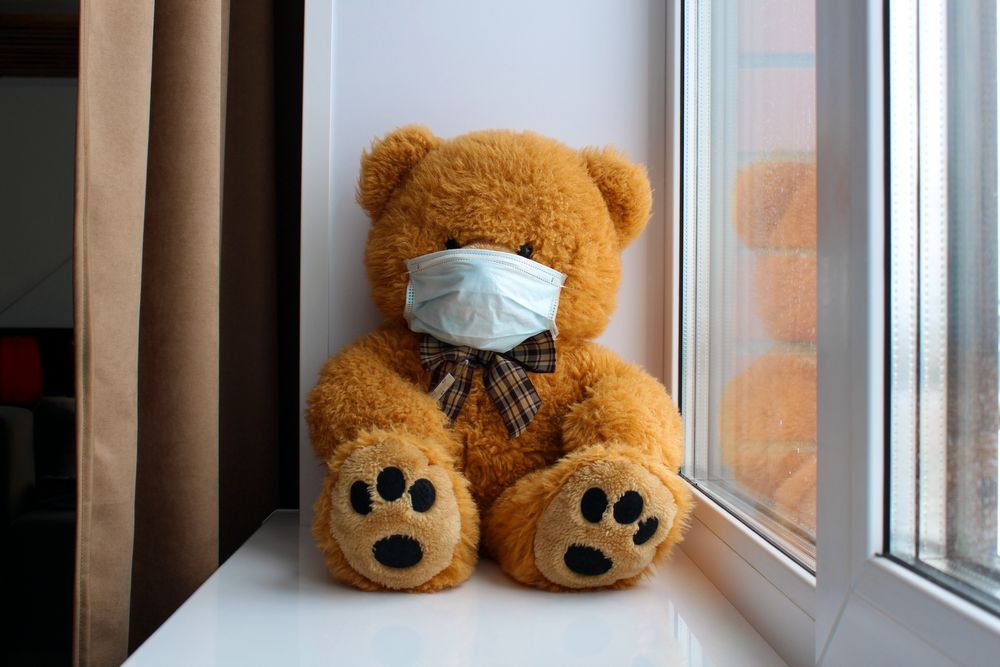You may have been hearing about RSV in the news lately. Here’s an explainer on what it is, its transmissibility, and why it’s such a big deal right now.
What is RSV?
RSV stands for “respiratory syncytial virus.” According to the Centers for Disease Control and Prevention, it’s a common respiratory virus that usually causes mild, cold-like symptoms. Historically, healthy adults recover from it in two weeks tops, but RSV is often more severe for small children and older adults. RSV can lead to bronchiolitis and pneumonia when babies under one year of age are infected.
This sounds pretty common.
It is. Almost everybody has had it at some point, probably multiple times. Anthony Flores, chief of pediatric infectious diseases at the University of Texas Health Science Center at Houston, told Scientific American that the illness is “ubiquitous” and that “adults are exposed to it repeatedly over time, so we develop some immunity to it.” In relatively healthy adults, its effects aren't very different from the common cold.
So what’s all this fuss about?
Right now, there’s an unexpected surge. Some of the same problems that happened in hospitals with Covid are happening with RSV—but in pediatrics. There have been reports of overextended staff, overwhelmed pediatric units, and excruciating wait times. According to the New York Times, a hospital in Southern California was so stretched thin that kids were treated in the emergency room while they waited for inpatient beds—sometimes for more than 24 hours. A doctor at another facility told the newspaper that the situation “is the pediatrician’s Covid. This is our March 2020.”
Oh, so this is the new Covid-19?
No. That’s just a comparison of the strain RSV is putting on pediatric units. COVID is still COVIDing.
How contagious is this thing?
Very. It’s primarily spread through close contact and respiratory droplets and can stick around for hours on surfaces, which seems like the standard for respiratory illnesses. When infected, you’re contagious for roughly three to eight days, even if you aren’t experiencing symptoms.
Is this cause for concern?
Yes and no. There’s not much evidence that this form of RSV is more dangerous than the one that has previously existed. It’s just that we’re at the time of the year when colds tend to spread, and this common virus wasn’t very common during COVID, because of hypervigilance, social distancing, remote learning, and the like. Young children and newborns haven’t had the opportunity to come into contact with it in a way that has traditionally spurred immunity. Continue to sing the alphabet or the first 20 seconds of “International Players Anthem (I Choose You)” while you wash your hands, and if you’re around young children or seniors, it’s best to be hypervigilant and mask up. You know the drill.
Is there a vaccine?
Not yet. National Institute of Allergy and Infectious Diseases Director Dr. Anthony Fauci says it’ll be here in a year or two.
What are the conspiracy theorists saying?
I haven’t heard anything from them yet, but you know it’s coming, just wait on it!
